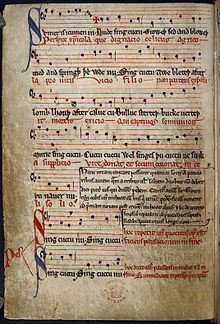And so, May 2020 comes to an end. CMLE Play was set up to share some joy in what was a difficult month. I certainly enjoyed doing the blog - and I hope you enjoyed it too.
Some of my personal discoveries in curating the blog were Magpie Lane, The Hindman Settlement School and the classic Lomax film about Padstow. I was also pleasantly reminded about Malicorne by Tony Gillam and introduced to a couple of classical takes on May songs by Stuart Raistrick and Ariane Klauer.
We had some straight May or May-related traditional songs from Steve Fry, Brian Hunt, William Duddy, Phil Harley and Jackie Lyness. We had folk-rocked songs (sorry, that was me) and we had newly completed songs from Vic Gammon, Ant Wilson, Phil Howie and Penny Grennan.
May is also the month for Morris - and I don't mean Maurice the mouse who appeared briefly in my video. There were Morris contributions from many of the above-named, plus a couple of tunes from Doug Watt. Great to hear.
There was some tasty May-related mountain dulcimer sneaking in too - me again, Tony, William, Ariane, Sam Gleaves, Steve Smith and Steven K.Smith.
Over the month we got the chance to listen to a lot of great songs and tunes and there was some canny craic flying about in the facebook group. Some of my highlights, in no particular order, were:
- Chris Leslie dancing and playing a jig in his back garden
- Ant's crazy video "Nutz In May"
- Trying to keep the peace in the banjo wars between Tony and William
- Jackie's bonnie May costume
- A very funny parody of Matty Groves by Phil Harley
- Re-discovering and re-mixing Jim Wigfield's lovely Mayfly song
- Ken Hudson on Phoenix FM reading out in full the members of the Whole Hog Band
- Getting the opportunity to collaborate with the legendary Cecilia Winterbottom
- Ant having nightmares about Mr.Maypole
- Voice Venir Le Joli Mai - pure psychedelia Tony!
- The hobby hoss on wheels in the Stealing Sheep video
Thanks everyone for taking part in our free games for May. I hope to see you again soon. Let's leave this blog with Pink Floyd, after all it was their song the blog was named after........


























